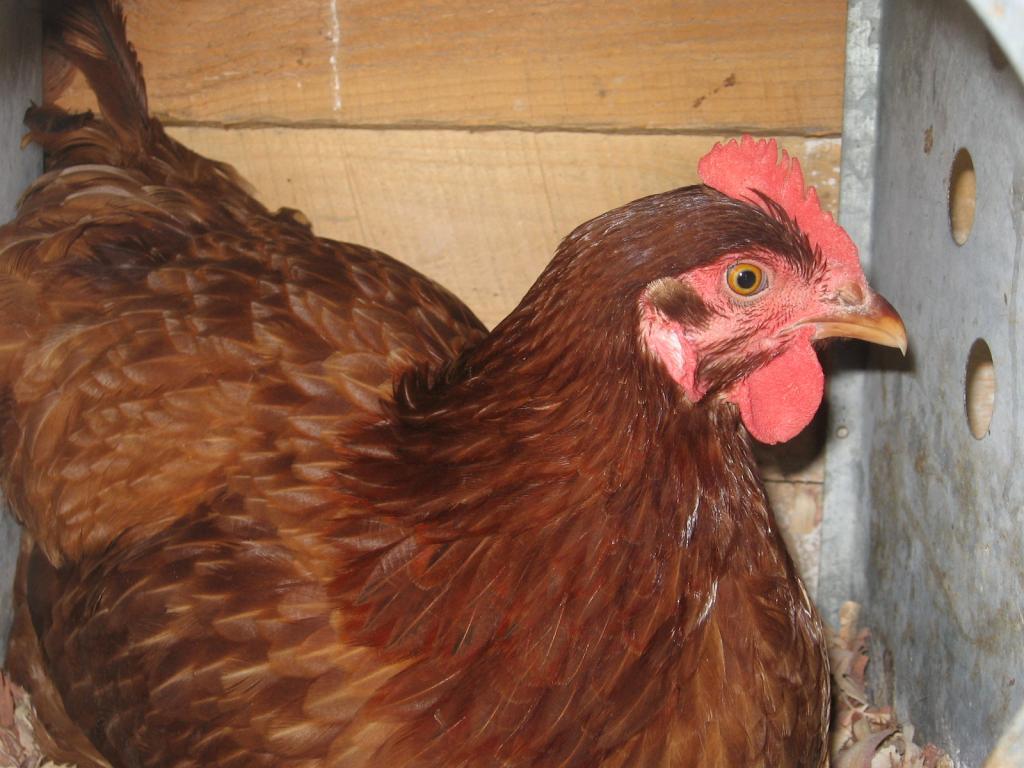- Dec 14, 2008
- 493
- 25
- 151
I have a cage that we call the hospital, and another one called "Hospice"we put them when they are about to die. I moved one of my RIR's to the chickie hospital earlier today due to a purple comb and eyes shut and droopy, and i give her antibiotics and wazine and some treats. then 4-5 hrs later she got much worse on me and she was having seijures and her butt was closed shut. so i put her over in the hospice care and taking very gently care of her and keeping her comfortable. she is almost 11 yrs old and she has been the sweetest thing ever.
 Lets hope she makes a recovery! what could cause a swelled shut cloaca, purple comb, droopy, eyes shut and neon yellow droppings??? she was hatched back in 1999 and she's been to 3 different people's homes to live, then back to mine, i have had her for the past couple of years. man, the history she's lived through! amazing!!! suggestions???
Lets hope she makes a recovery! what could cause a swelled shut cloaca, purple comb, droopy, eyes shut and neon yellow droppings??? she was hatched back in 1999 and she's been to 3 different people's homes to live, then back to mine, i have had her for the past couple of years. man, the history she's lived through! amazing!!! suggestions???




